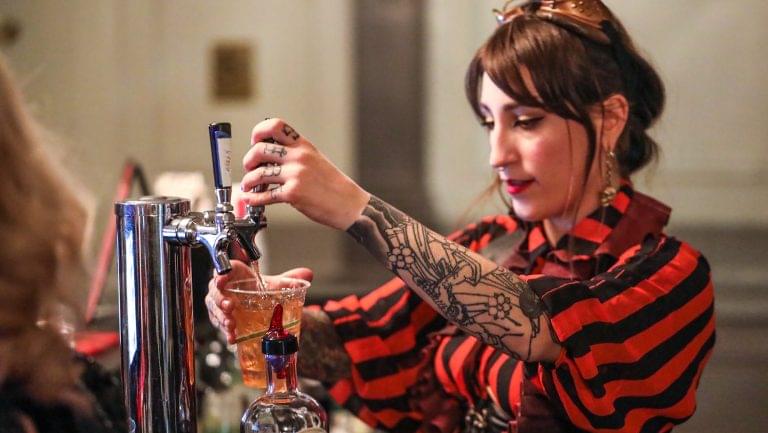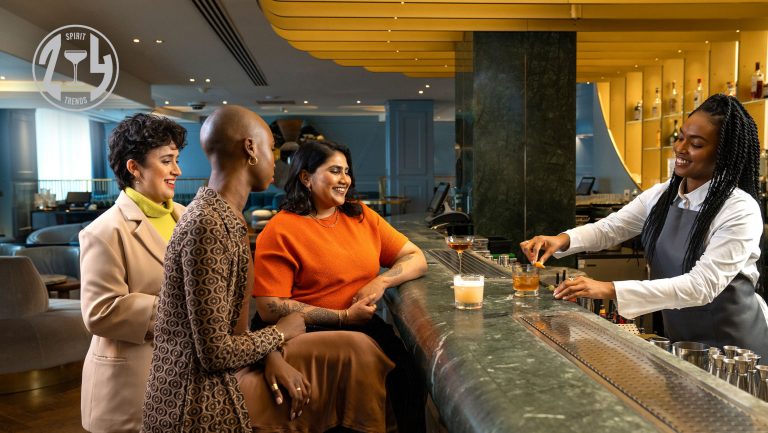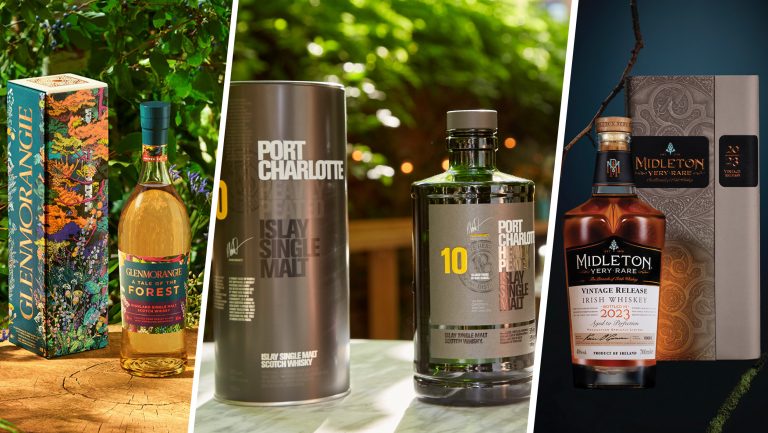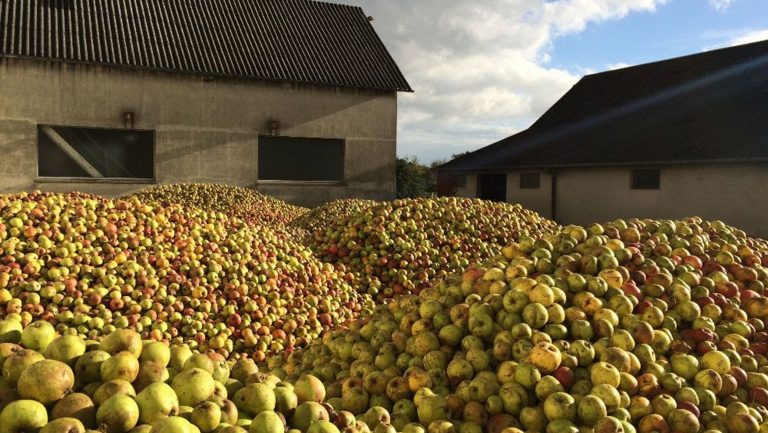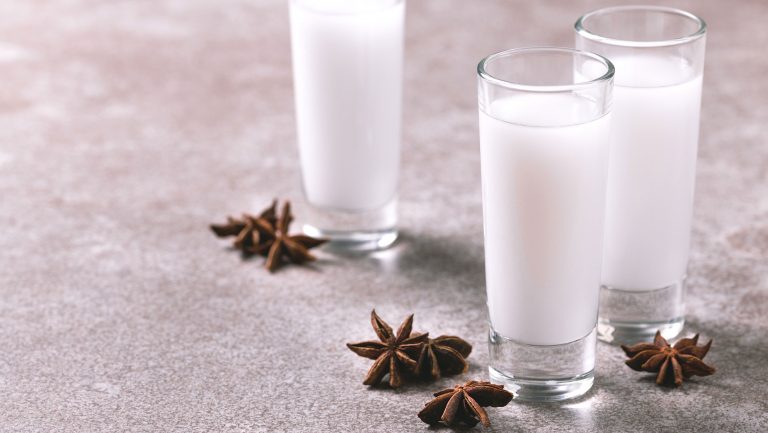Once avoided by many in the industry, draft cocktails have become commonplace as more bars seek an affordable way to buy into the premium mixed drinks business, and others with established cocktail programs use them to boost sales. The trend is fueled by the rising costs of doing business for many establishments—draft cocktails can be a way to offset that expense through higher-priced offerings that can be poured quickly and efficiently.
“A lot of dive bars are starting to put cocktails on draft to try to compete with the higher-end mixology bars in the city because they don’t have the staffing to produce what those cocktail bars are doing,” says Kathryn Kulczyk, the general manager at Alembic in San Francisco. “So they’re doing the draft cocktail system to be able to offer something higher-end that doesn’t take a mixologist to make it.” Kulczyk says she’s also starting to see this in central California and in Los Angeles.
In most cases, bar owners are not turning their entire operations over to draft but are instead supplementing existing offerings with a few draft lines. Putting some cocktails on tap after prebatching them during off-hours can be a major timesaver, especially when the bar is busy, such as when it’s short on help or when it’s hosting a big event.

Don’t miss the latest drinks industry news and insights. Sign up for our award-winning newsletters and get insider intel, resources, and trends delivered to your inbox every week.
“We’ve actually switched our model,” says Dimitri Komarov, one of the owners of 1933 Group, a bar hospitality company in Los Angeles. “We switched to cocktail drafts in some places, and it’s been very cost-effective and helped maintain quality and speed, and we can actually lower the pricing because it’s just much easier and there’s a lot less labor going into each cocktail.”
Draft Providers Emerge
Despite the growing trend, however, the draft cocktail space is still largely underserved when it comes to turnkey providers, so that bar owners—such as 1933 Group and many others—typically have to piece together their own systems. But this may be about to change. A few vendors have already emerged that offer equipment, service, and even ingredients for draft cocktail programs.
Bar Draught in Dallas, for example, has carved out a growing business by offering draft equipment and, more recently, even premade cocktail mixes. Customers include such large venues as Tropicana Field, a sports stadium in Florida, Houlihan’s restaurants, the Aria and Venetian resorts in Las Vegas, and the Omni, Hilton, and Marriott hotel chains, as well as Whole Foods cafés. But co-owner Adrian Verdin says that Bar Draught equipment can fit any bar, big or small. “Our goal was to create a gateway to introduce people to the craft cocktail world,” he says. “It’s mostly for venues where you can’t find craft-style bartenders to do volume.”
Bar Draught was started about four years ago, when Verdin wanted to provide cocktails to a music festival with thousands of attendees and discovered there was no company offering ready-made draft systems. “I researched the market, and there really wasn’t a turnkey draft cocktail system out there,” he says. “We’ll manufacture machines for venues, but we can also modify current beer lines or wine lines to work with our approach to draft cocktails. One of the things I immediately tried to address was the ability to serve a highly carbonated cocktail—or to serve a very spirit-forward cocktail without any bubbles in it whatsoever.”
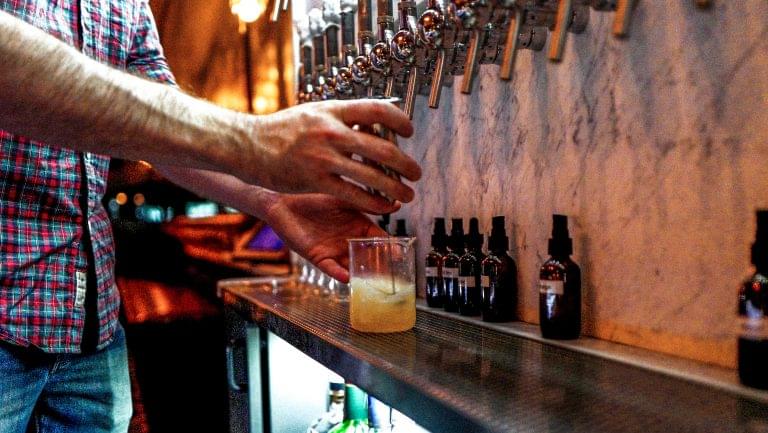
Draft Cocktails, a company launched in 2013 and based in San Francisco, provides event support, consulting, design, equipment, and installation of draft cocktail systems for bars, restaurants, festivals, and music concerts. For example, the company has partnered with Best Beverage Catering to engineer events like Coachella. Its draft cocktail installations, including parts, range from beer line conversions, for $550, to 2 Tap Mobile Draft Cocktail Systems, for $1,100, to more permanent refrigerated appliances with multiple taps, starting at $2,500. An associated company, Top Hat Provisions, which was started in 2011, also in San Francisco, provides craft cocktail concentrates, available through Amazon Prime and local beverage distributors, and curates and shares hundreds of relevant keg recipes on its website free of charge. The concentrates and soda syrups can be purchased on Amazon for $14.99 a quart or $12.83 a quart through wholesalers when buying six bottles or more. They can also be purchased through various regional wholesale beverage distributors around the country.
Cocktail Purists Resist
For high-end cocktail bars, however, personalized attention is important, so there are some who are not yet ready to embrace this streamlined concept. Many think it’s hard to justify a charge of $12 to $16—or more—for a cocktail if it comes out of a tap.
For example, Julie Reiner, the co-owner of Clover Club in Brooklyn, New York, has yet to take the plunge into draft. “We’ve talked about it,” she says, “but it’s not something that we’ve felt the need to do just yet. A lot of times, it’s very specific things that work on tap. A Negroni, for example, is great. But anything with juice in it—I’m a little bit of a purist when it comes to my citrus and shaken drinks. But there are quite a few people doing it.”
Alembic’s Kulczyk says that she’s not a very pro-draft person. “I feel like it doesn’t keep the integrity of the cocktail,” she says. “I think a lot of people in the draft cocktail business who are pushing for it aren’t getting the ratios of water to alcohol right or water to citrus … I’m still waiting to have that draft cocktail that changes my mind.”
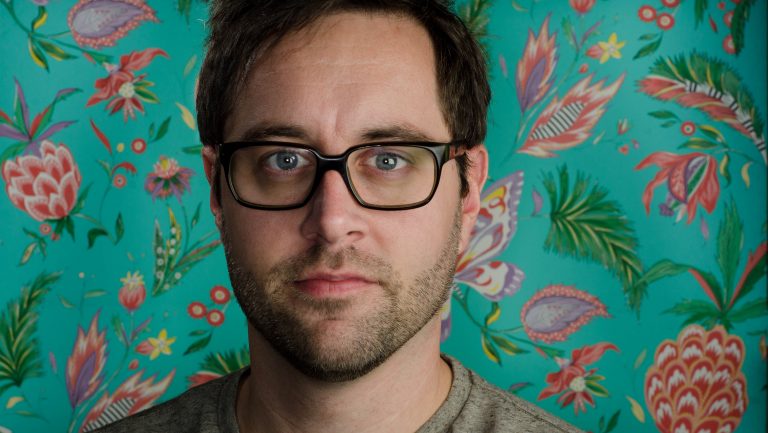
Jay Schroeder, the beverage director and a partner at the contemporary Mexican restaurant Quiote and its subterranean mezcaleria, Todos Santos, in Chicago, says personalized attention to his patrons is a critical part the experience of his venues. “It’s up to our staff to have a really soft touch with everyone,” he says, “to have a conversation with you, to take our time even on a busy Friday or Saturday night if you’re interested in sipping on mezcal or learning about it.” Given that view, he only serves two cocktails on draft: a margarita, and also Quiote’s Paloma. The house-made grapefruit-tarragon soda is also on draft and can be served with a guest’s choice of tequila or mezcal or drunk on its own.
Komarov, however, says that attitudes among bar patrons, even in high-end establishments, have begun to change. “At the very beginning we were getting some resistance,” he says. “But now I think it’s become a pretty standard thing in the industry … [Customers] also like [a draft cocktail] because they know it always tastes the same. It doesn’t matter which bartender makes it.”
Bars Expand Draft Programs
Few bars, if any, have gone as far as the Brooklyn-based Yours Sincerely in embracing draft cocktails. Founded in early 2016, this Bushwick neighborhood bar offers 22 cocktails on tap. “There’s a lot of people doing it, but not many people know how to do it right,” says the co-owner and manager, Darren Grenia, who points out that it took a couple of years of research and experimentation to hone the bar’s offerings.
“We have everything you could think of,” Grenia says, including “margaritas, piña coladas, gin and tonics, Old Fashioneds, Sazeracs.” The bar’s best-selling draft cocktail is called Transmit the Box—it consists of Pelotón de la Muerte Mezcal, chipotle, Aperol, agave, chocolate, and lime. “I think it probably sounds the most ‘out there’ and interesting, with the chocolate and the mezcal and everything,” says Grenia. “That one is probably fueled by word of mouth.”
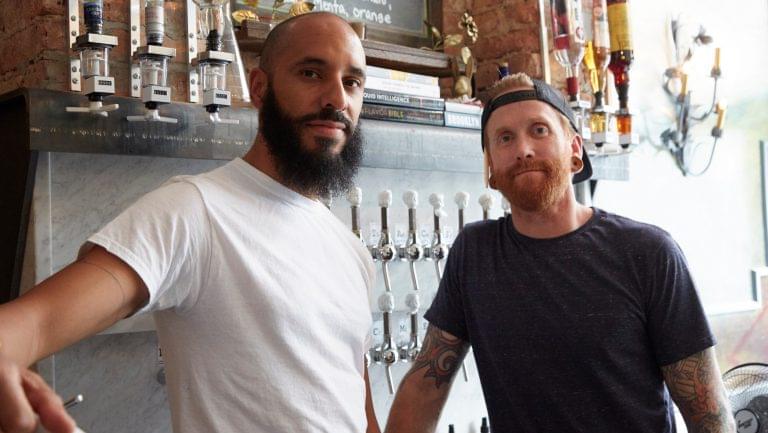
Grenia came up with the idea for Yours Sincerely while running a restaurant next door. “The bartender just kept getting bogged down during service trying to deal with the 10 seats at the bar and the other 40 seats in the restaurant,” he says. “So we decided whatever we did next door would address the issues that we had.” The result is that at Yours Sincerely, the draft arrangement has allowed one bartender and a part-time barback to serve up to 375 drinks on a weekend night—up to 250 of them being cocktails.
Some of the bars in the Grind & Prosper Hospitality group in San Diego make use of a business model that relies on lower-ABV punches that can be enjoyed outside by groups of three to five people while they soak up the Southern California sunshine. Putting these punches on draft at these venues has helped move the drinks quickly to these groups. “What we do is, we prebatch the punches and then throw them on the draft lineup,” says Rob McShea, the group’s beverage director. “So basically, we’re cutting costs by being more efficient, and then we bring that value to the consumer.” The final price of the punches, he says, averages out to about $10 per person.
Alba Huerta, the owner of Julep in Houston, says she’s found that draft cocktails enable her to hold big events. “When we’re serving 2,000 people,” she says, “there’s no way that we could implement the same program.” Huerta says she’s also relied on bottled cocktails for large events.
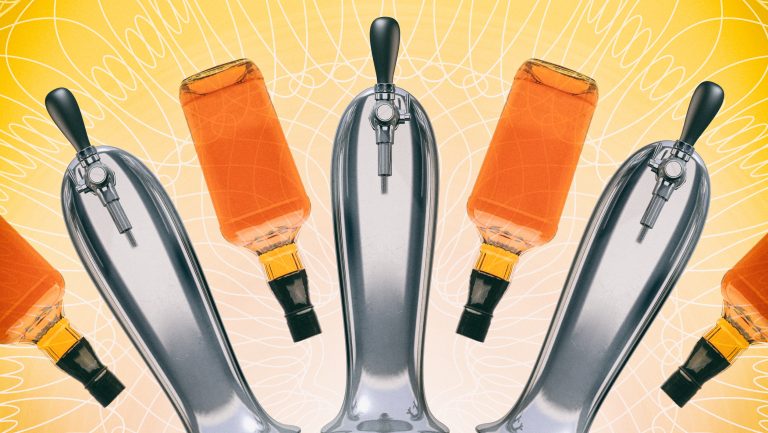
The Case for Draft Spirits
From Chartreuse shots to Maker’s Mark Old Fashioneds, bars are experimenting with the business of draft liquors
Some companies are also beginning to offer bottled cocktail programs to the trade. For example, Wandering Barman, for which Grenia is a consultant, offers a line of bottled cocktails that are already on the menus of dozens of bars and restaurants in New York City. “We know from experience how much having a batched cocktail can help with speed of service, but we also know how much time it takes to make them,” Grenia says. “Wandering Barman takes all that behind-the-scenes work and cost out of it.”
So while some venues will no doubt continue to resist putting cocktails on draft or serving them from bottles, others see such solutions as lifelines in today’s challenging market. Says Quiote’s Schroeder, “At the end of the day, we have to be creative as business owners and bring the most revenue in to keep the wheels turning.”

Dispatch
Sign up for our award-winning newsletter
Don’t miss the latest drinks industry news and insights—delivered to your inbox every week.
Andrew Kaplan is a freelance writer based in New York City. He was managing editor of Beverage World magazine for 14 years and has worked for a variety of other food and beverage-related publications, and also newspapers. Follow him on Twitter at @andrewkap.

